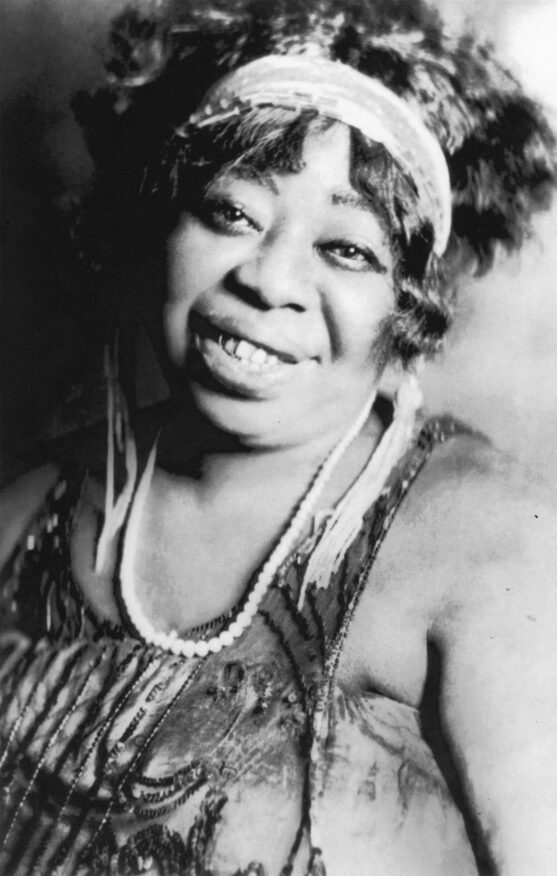Social justice thrives when everyone is treated fairly and not discriminated against based on traits like their gender, sexual orientation, race, wealth or any other status. In addition to respecting all basic human rights, a socially-just society invests in equal opportunities, reparations of past injustices and privileges within a society. Social justice advocates work to change laws, raise awareness and shift public attitudes.
Films can be one of the effective and accessible vehicles for progress.
Documentaries deal with facts and real life events. The main purpose is to inform, educate, and raise awareness. Subject matter and materials are arranged from what already exists. Most often using real people and real locations. Of course the view of the filmmaker can shape the story.
Feature films can deal with fiction and fictionalized events, with the intention of being entertaining. Both use a different approach and purpose, yet both use a script and cinematography.
Social Impact Films expand people’s knowledge and awareness, and expose lies and injustices. Where the heart of the narrative is to learn truths. Films which push important issues to the forefront to inspire and unite.
There has been a loud and urgent call for change as countries’ economic divides were starkly exposed by the Covid-19 pandemic, and the world watched in horror when President Trump was elected. We can choose to sit at home and watch a documentary about how to “groom a chihuahua” or become desensitized by countless nonsense films that glorify violence. Or we can choose to watch films that will move us to tears, be emotionally fulfilling, intellectually stimulating, and compel us to at least think about social justice. Here is a very short list of some of the best to view.
Racing Extinction
Louie Psihoyos, who made the Oscar-winning The Cove about dolphin slaughter in Japan, makes an impassioned plea to stop the death of endangered species on our planet. (Stream at Amazon)
Where To Invade Next
Michael Moore heads off for international shores in the hunt for alternatives to a swath of America’s deficiencies. US drug policy, standardized testing, the criminal system, working conditions and plain old quality of life are juxtaposed with other countries’ ways of doing things better.
Ma Rainey’s Black Bottom (Netflix)
Brought to the screen is August Wilson’s powerful play about a recording session in Chicago in the 1920s. The play dramatizes the lethal racism and exploitation faced by African Americans. “Ma Rainey’s Black Bottom” is part of an ongoing project to bring all of Wilson’s plays to the screen. The viewer is pulled into the world of Ma Rainey known as the Mother of The Blues. The performances of the cast are nothing short of riveting. Chadwick Boseman, who plays Levee is hauntingly unforgettable, especially when he delivers his gut wrenching monologue. Viola Davis plays Ma Rainey and she doesn’t just play the character, she becomes Ma Rainey with her spell binding performance. From the sultry passionate opening, to the tragic ending, the film is so powerful that the viewer cannot only hear and see; but can feel the sweat of the players and artistry of the blues music as if being transported in time.
The world has lost a beautiful artist in Boseman. His extraordinary performance will remain to be witnessed in “Ma Rainey’s Black Bottom”.
So many elements of great cinematography come together in this film based on an important piece of history. August Wilson, one of the most crucial voices in modern theatre, whose celebrated writing will move generations to come, is a legend not to be missed.
The Trial of the Chicago 7 (Netflix)
The 1968 Democratic National Convention in Chicago was the scene of an anti-war protest led by a coalition of students and civil rights and counterculture activists opposed to the Vietnam War. After a riot incited by the Chicago police, seven “ringleaders’ ‘ would go on trial, accused by the government and a hostile judge of provoking the chaos.
Written and directed by Aaron Sorkin the film covers both the lead-up and aftermath of the protests. This true story gripped the nation and the world, as it shed a light on police brutality and government corruption. “The world is watching,” a chant repeated by crowds outside the trial, would have been just as relevant at this summer’s protests against police brutality.
Sorry We Missed You (Amazon Prime)
In a year that companies like Uber, Lyft and DoorDash spent $200 million in California to pass a proposition that allows them to circumvent state laws about unemployment benefits comes this drama about the humiliating consequences of trying to raise a family with a gig-economy hustle. Ken Loach’s film is about the British working class but speaks just as eloquently for American workers who are trying to underwrite fullfledged lives with part-time gigs. The title refers to the notification delivery people leave when we are not home, but it also feels like a reverse apology that our culture owes them.
Power to Heal: Medicare and the Civil Rights Revolution
A dramatic chapter in the historic struggle to secure equal and adequate access to healthcare for all Americans. Central to the story is how a new national program, Medicare, was used to mount a momentous, coordinated effort that desegregated thousands of hospitals across the country, practically overnight. Narrated by Danny Glover.
From Durban to Tomorrow
Five advocates put a human face to the global HIV crisis and the intensifying battle for a rights- based future in public health to promote access to healthcare of the most vulnerable.
The Last Ice
For centuries, Inuit have lived on the frozen ocean. Now, as climate change rapidly melts Arctic sea ice, Inuit in Canada and Greenland are fighting to protect what will remain of their world.
Liberation Heroes: The Last Eyewitnesses
Through the firsthand testimony of WWII liberators and liberation witnesses, parallels between the past and present are revealed. This film demands we heed the warnings to take a stand against hate.
Can Art Stop a Bullet
William Kelly, widely considered the social conscience of Australian art, once said: “Art can’t stop a bullet, but it can stop a bullet from being fired.” Can it?
407 Days
Arbitrary detention is common in Haiti and the judicial system is failing. An innocent puppeteer will spend 407 days in prison for no reason. Today, his puppets are denouncing what he has lived through.
Shaw Rising
The story of the oldest Historically Black College in the South. From training America’s first Black doctors to the creation of SNCC, Shaw has been at the center of U.S. history.
HBCU Storytellers: Confederate Monuments – Heritage or Hatred?
HBCU students explore the question of Confederate monuments in America. Virginia’s contentious history and the controversies surrounding the removal of the Robert E. Lee statue in Charlottesville gained national attention after the Unite the Right Rally in 2017 and the tragic death of Heather Heyer.
Outrage in Rockland: The Lynching of Howard Cooper
On July 13, 1885, Howard Cooper, a fifteen year-old boy, was lynched by a mob in Towson, Maryland. Cooper was accused of attacking a young woman as she walked home from a train station.
An Uninvited Guest
When a Black man is viciously assaulted by a police officer right outside their window, all of the guests at a dinner party seem to consider the attack unremarkable except for one.
Filmmaking can serve as a powerful tool to bring to light important issues, histories, stories, and social movements. We are living in a world that desperately needs us to pay attention, desperately needs us to take a stand on change, and the medium of film can help to open, expose injustice, and begin to shift perspective to demand change.




